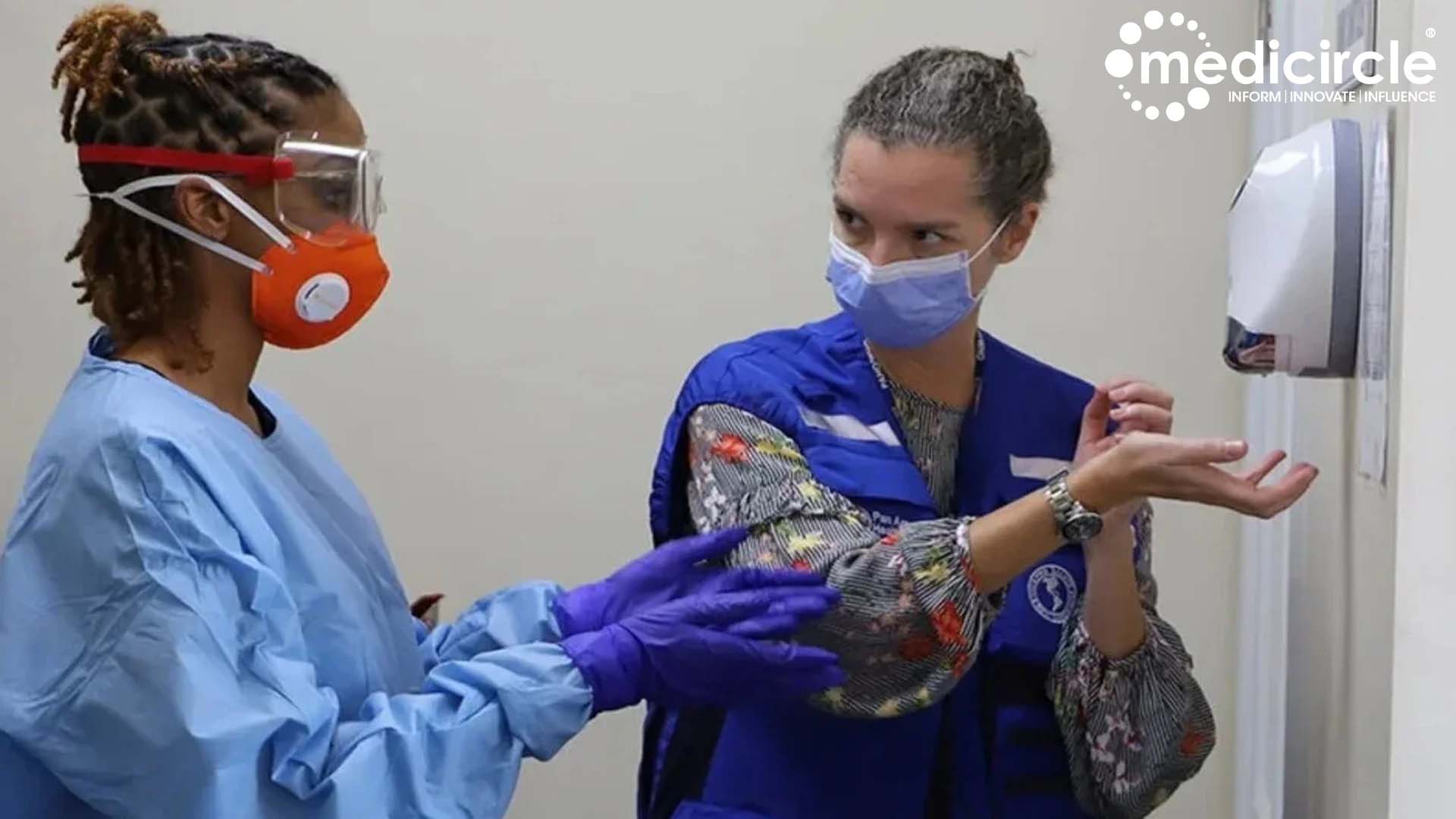In a bid to bolster infection control practices and prioritize safety in healthcare settings, Central Government hospitals have rolled out new directives for health workers. These measures aim to mitigate the risk of infections and enhance the well-being of both patients and staff members.
Mandatory Removal of Jewellery Below the Elbow: As part of the updated safety protocols, all health workers in Central Government hospitals are now required to remove all types of jewellery below the elbow while on duty. This includes rings, bangles, bracelets, religious threads, and wristwatches. By eliminating jewellery below the elbow, healthcare workers can minimize the risk of cross-contamination and ensure optimal hygiene standards during patient care.
Restrictions on Mobile Phone Use in Critical Zones: In addition to jewellery removal, health workers have been directed to restrict the use of mobile phones in patient areas and critical zones. These critical zones include Intensive Care Units (ICUs), High Dependency Units (HDUs), post-operative wards, and operation rooms. By limiting mobile phone usage in these areas, healthcare facilities can prevent potential distractions and maintain focus on patient care and infection control measures.
Emphasis on Safety and Infection Control: The recent directive issued by the Health Ministry highlights the paramount importance of safety and infection control in healthcare settings. By implementing these measures, Central Government hospitals aim to uphold the highest standards of hygiene and ensure the well-being of patients and healthcare workers alike.
Immediate Implementation and Compliance: The one-page direction issued by the Health Ministry mandates immediate compliance from all healthcare workers in Central Government hospitals. It emphasizes the urgency of adopting these safety measures to safeguard against infections and uphold infection control practices effectively.
Prioritizing Safety in Healthcare Settings: As healthcare institutions continue to navigate the challenges posed by infectious diseases, prioritizing safety measures is crucial to safeguarding the health and well-being of patients and healthcare workers. By adhering to the newly implemented directives, Central Government hospitals demonstrate their commitment to maintaining a safe and hygienic environment for all stakeholders involved in patient care.

 As healthcare institutions continue to navigate the challenges posed by infectious diseases, prioritizing safety measures is crucial to safeguarding the health and well-being of patients and healthcare workers.
As healthcare institutions continue to navigate the challenges posed by infectious diseases, prioritizing safety measures is crucial to safeguarding the health and well-being of patients and healthcare workers.










.jpeg)







.jpeg)

.jpg)










